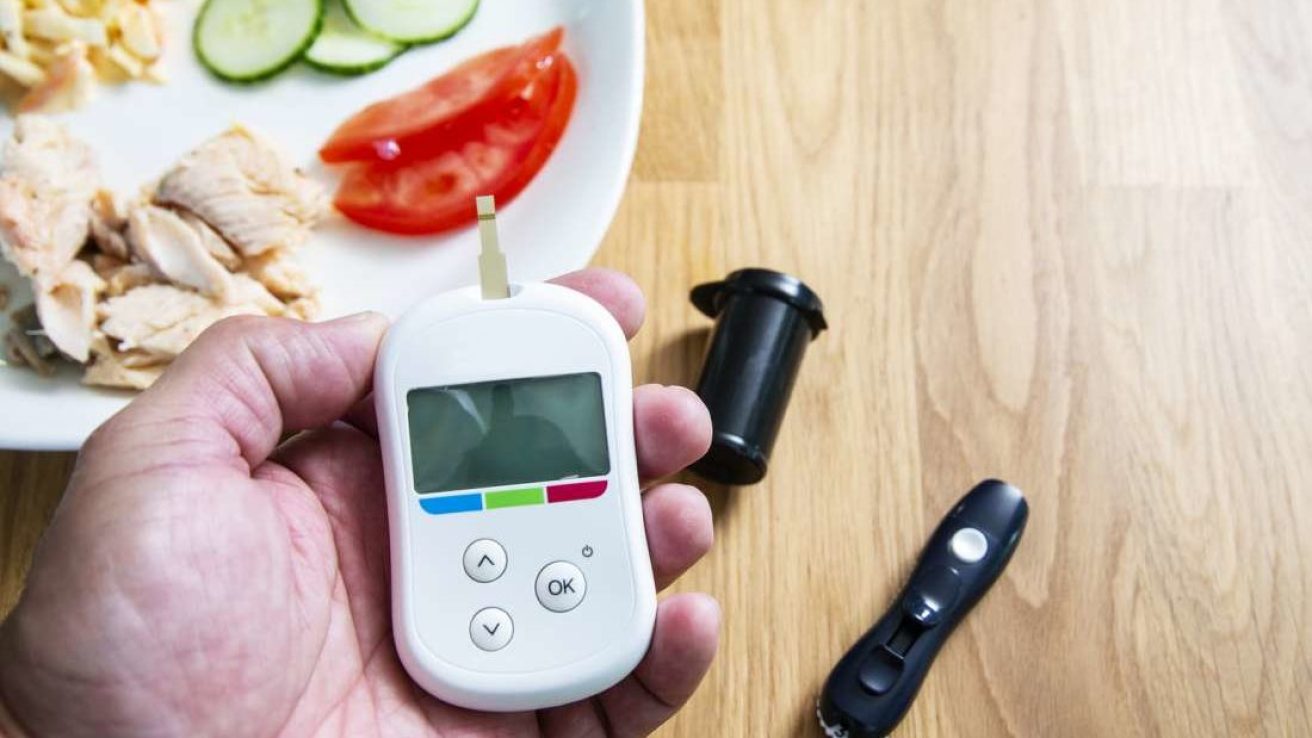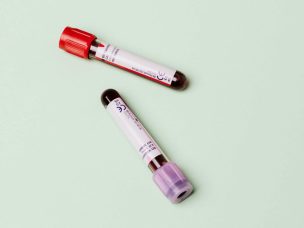WEDNESDAY, March 24, 2021 (HealthDay News) — Intensive lifestyle intervention may increase the risk for cardiovascular disease for type 2 diabetes patients with overweight or obesity and poor glucose control, according to a study published online March 11 in Diabetes Care.
Michael P. Bancks, Ph.D., from the Wake Forest University School of Medicine in Winston-Salem, North Carolina, and colleagues randomly assigned 5,145 participants (aged 45 to 76 years) with type 2 diabetes and overweight or obesity to either 10 years of intensive lifestyle intervention or a control condition of diabetes support and education. Cardiovascular outcomes were compared among diabetes subgroups.
The researchers found 821 events for the primary cardiovascular outcome (first occurrence of a composite outcome that included death from cardiovascular causes, nonfatal myocardial infarction, and nonfatal stroke) during a median 9.4 years of follow-up. The lifestyle intervention had differential effects on cardiovascular outcomes depending on a patient’s diabetes subgroup at baseline, with an unadjusted incidence rate for the primary outcome of 18.9 per 1,000 person-years for older onset of diabetes, 23.6 for poor glucose control, 18.2 for severe obesity, and 15.7 for younger onset of diabetes. Among individuals in the poor glucose control diabetes subgroup (14 percent of the cohort), the lifestyle intervention was associated with an 85 percent greater risk for the primary cardiovascular outcome, as well as a greater risk for each of the secondary cardiovascular outcomes.
“For those who had poor blood sugar control, lifestyle intervention increased the risk of major cardiovascular events,” Bancks said in a statement. “Based on our findings, doctors may want to consider alternative options, such as glucose-lowering drugs, before trying lifestyle modification for those people.”
Abstract/Full Text (subscription or payment may be required)










